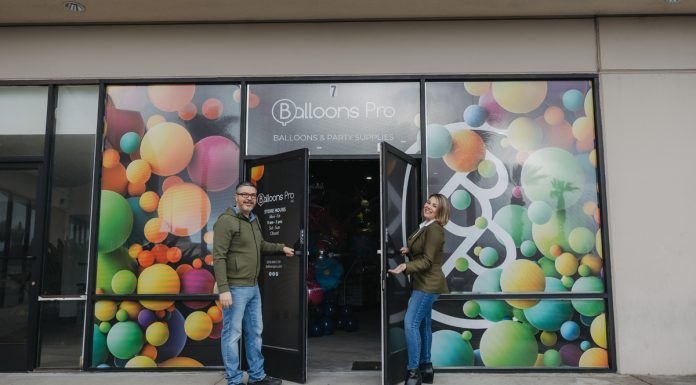Running through Dec. 19, OnStage Playhouse is giving a Christmas classic tale a Cuban twist. Written by local award-winning playwright Herbert Siguenza and directed by OnStage Executive Artistic Director James P. Darvas, “A People’s Cuban Christmas Tale” follows Ezequiel Scrooge, an American sugar baron caught up in the political upheavals of a country on the verge of revolution.
Darvas said the run of the play is going extremely well. He said the play was brought to him about two years ago from Siguenza and after going through it and submitting his ideas, they workshopped the play.
“We sat at a table for over a year with different actors and we would read the versions we would edit, have conversation and it grew from there,” he said. “I stand behind the work.”
Darvas said this is an adaptation of Charles Dickens’ “A Christmas Carol” which takes place in 1956 in Cuba, right before the revolution and the rise of Fidel Castro.
“Scrooge runs a sugar company, and the story follows that line where the ghost of Marley visits him, the ghosts of the past, present and future visit him,” he said. “He sees the error of his ways and becomes a brighter, better, more giving human being.”
Darvas said Siguenza has been an advocate for change for a long time and wanted to point out the adverse effects of capitalism, and the positive benefits of socialism in his opinions.
“The tagline for our theater is ‘Theater worth Talking About,’ and those are wonderful things to have conversations about. Capitalism, socialism, communism, people’s differences of opinion and different points of view,” he said.
Darvas said the play features a Cuban band that plays throughout and accompanies many of the scenes which he said is a wonderful addition to the play.
“Unlike any adaptation of ‘A Christmas Carol’ that you will ever see, and it fits perfectly in these walls here at OnStage Playhouse,” he said. “Reviews are coming out and they are positive…so we are getting the coverage that we need. Audiences have loved the show. It is obviously geared towards a Latinx audience. Much of the play is in Spanish, but that does not detour non-Spanish speakers because most of the Spanish is translated as they go.”
Darvas said this play is special for this neighborhood in particular to see a story by people who represent them, written by someone who represents them, and with language that represents them.
“I am very proud of it,” he said. “I could not be more happier with where we are, and I could not be more happy with the response thus far.”















